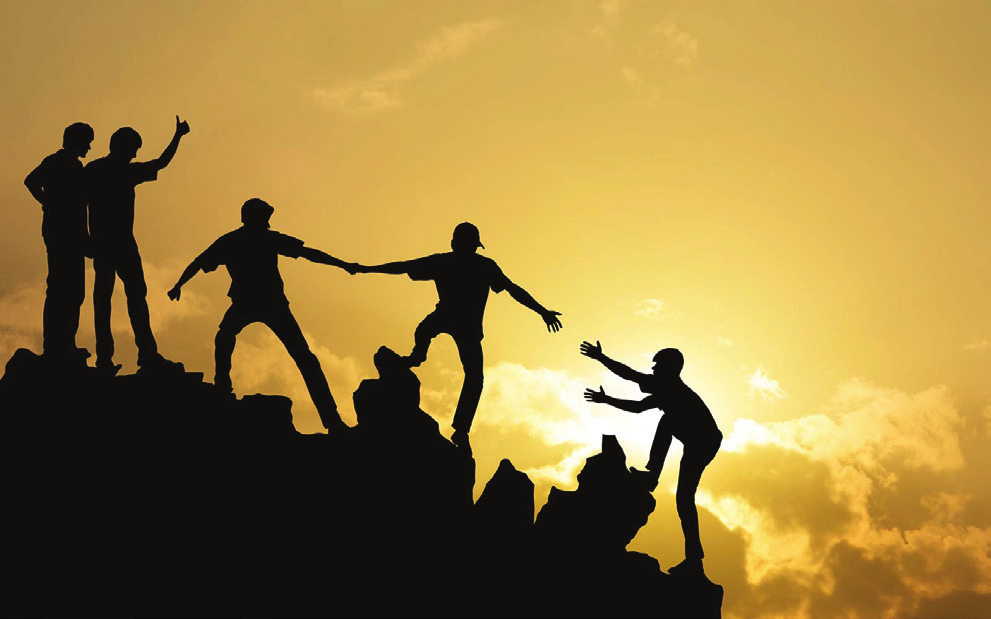Let’s follow the basics!

CEO
ISS Relocations
Empathy
Empathy is important because it allows us to understand the feelings and motives of our fellow team members. By taking the time to understand others, you can gain insight into their needs and struggles, allowing you to work and communicate with them more effectively. Consider other professionals points of view when working together and act accordingly. This can help you bond with your teammates and promote a healthier workplace culture.
Reliability
When building a team, the members need to be able to trust that you are there to guide them. When others have faith in you, they are more likely to reciprocate this level of respect and reliability. Building a team in which each member trusts the abilities of others can help improve the workplace culture, productivity, and the development of other professional skills, such as delegation.
Delegation
Delegation makes it more efficient, ensuring that the team can accomplish its goals in a timely manner. In order to be a talented team builder, you have to be able to assign each team member their individual responsibilities in a way that is clear and concise. Delegation skills allow you to clarify team goals and assign tasks to professionals with the most applicable expertise.

Communication
When uniting a team, possessing effective communication skills is essential because these skills allow you to express important concepts in a way that is clear and concise so that everyone can understand. To be an effective communicator, you have to be as specific and clear as possible when communicating, but it is equally important to be an excellent listener.
Motivation
Motivational skills include the ability to encourage others to complete their work and building the drive to complete your own daily tasks. Being motivated skills can also help you and your team members feel more prepared and eager to complete a project. When team members are excited about and invested in a project, they are typically more engaged with the process.
Collaboration
Collaboration is a crucial team-building skill to develop because it allows you to interact and work well with others. This skill includes sharing and discussing creative ideas and trading feedback with your coworkers. Collaborative processes can depend on the type of project on which you are working.
Leadership
As a team builder, you often have to take on a leadership role within the group, which means that you establish the team’s goals, council members that are having difficulties and make decisions when issues arise.
Problem-solving
Solving problems is often a key aspect of team building. A variety of issues can arise throughout a project, including interpersonal conflicts and problems related to the team’s goals. As a team builder, you should be able to address both types of issues in a way that enables the group to continue to work well together and accomplish its objectives.
Positivity
Being positive at work can often help boost the morale of your coworkers and maintain a healthy workplace culture. Positive skills help build teams by motivating others and expressing gratitude for others’ work.

Accountability
Accountability means you accept responsibility for your actions and tasks and recognize when your behavior might have affected a project. Being an accountable team member can help build your reliability skills and promote others to do the same.
As an individual or team if we can develop the above skills over a period of time, then you can witness a team that stays longer, together and productive with desired results.